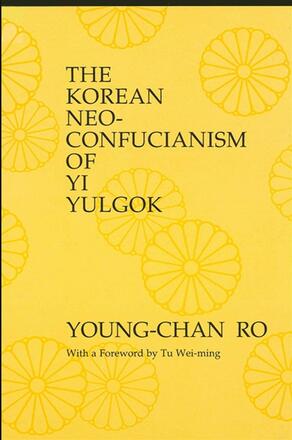
The Korean Neo-Confucianism of Yi Yulgok
Alternative formats available from:
Description
This book explores the philosophical and religious dimensions of Korean Neo-Confuciansim as expounded by one of the foremost Korean Neo-Confucian thinkers, Yi Yulgok (1536-1584). Yulgok's creative interpretations reformulate some fundamental issues of Confucian philosophy. This book explores the significance of the fundamental assumption which underlies the entire system of Yulgok's Confucian thought. That philosophical assumption is characterized by the author as 'non-dualistic' and 'anthropocosmic'.
It is a unique aspect of Korean Neo-Confucianism which leads to a new way of understanding the Confucian world view and spirituality. This 'non-dualistic' vision sheds a new and critical light on the dialectical framework of thinking at work in Western formulations of understanding the ultimate reality, nature, the universe, and human being. The 'anthropocosmic' vision in this respect will challenge fundamental assumptions of Western theological formulation and suggest a new understanding of human nature and the universe.
A 'non-dualistic' and 'anthropocosmic' interpretation of Yulgok's thought is a fruitful way of approaching the Korean way of thinking and of coming to grips with one Neo-Confucian mode of attaining human self-understanding.
Young-chan Ro is Assistant Professor of Religious Studies at George Mason University.
Reviews
"The book is clearly, concisely written and discusses complex ideas in an approachable manner. It gives a comprehensive introduction to all major points of Yulgok's thought, placing him within the context of the Neo-Confucian tradition as a whole, as well as his contemporary Korean philosophical environment, while adding an interesting critique from the Western philosophical perspective, based on the work of Heidegger and Gadamer. It also includes much cogent background information on the basics of Neo-Confucianism to assist the general reader." -- Sung Bae Park